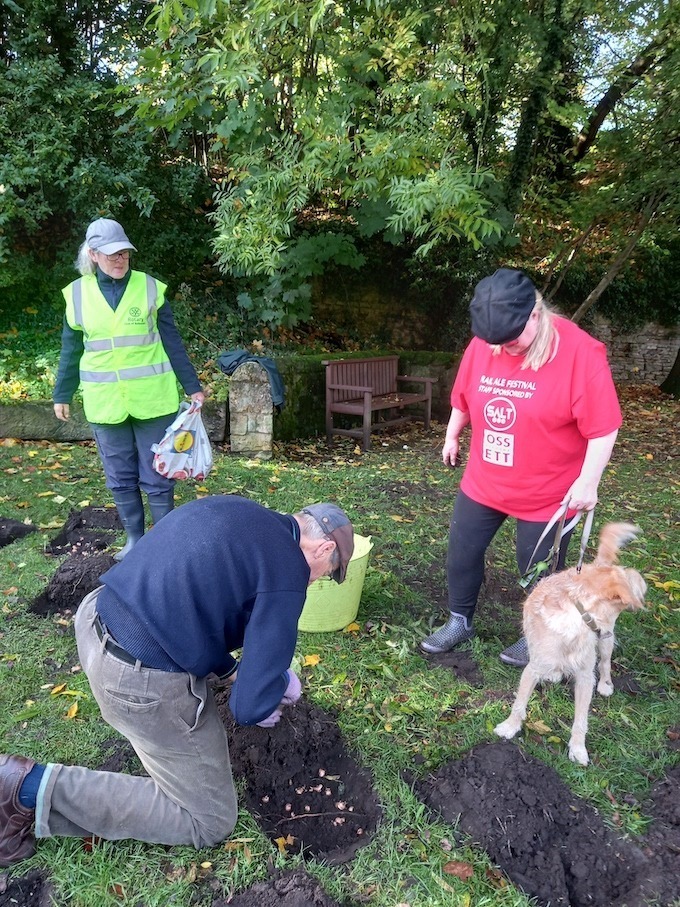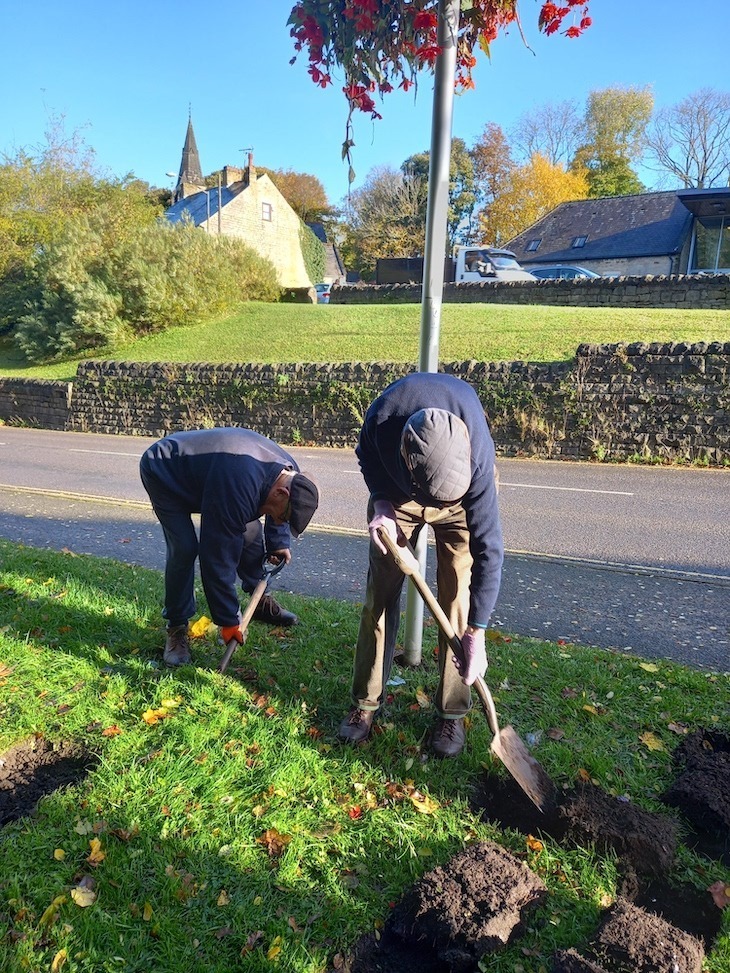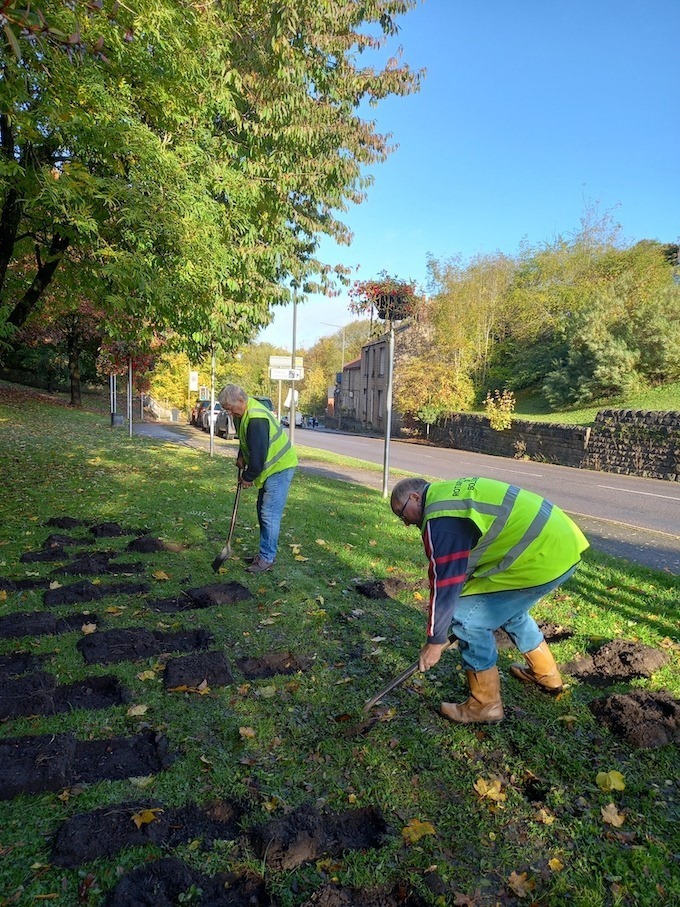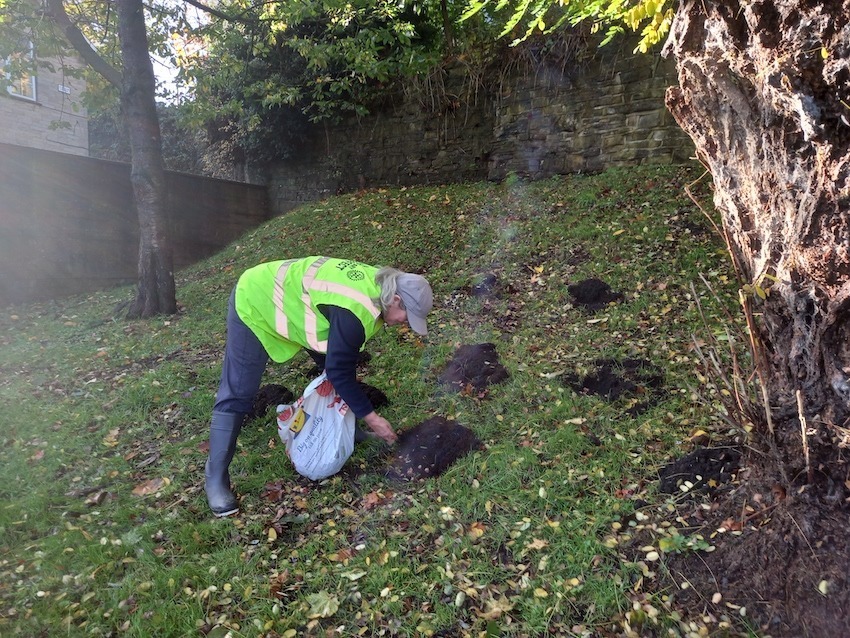24 October 2022 was World Polio Day, marking another year in the global fight against polio – a fight which Rotary International and its partners took on back in the 1980’s.
Polio, or poliomyelitis, is a paralysing and potentially deadly infectious disease that most commonly affects children under the age of 5. The virus spreads from person to person, typically through contaminated water. It can then attack the nervous system.
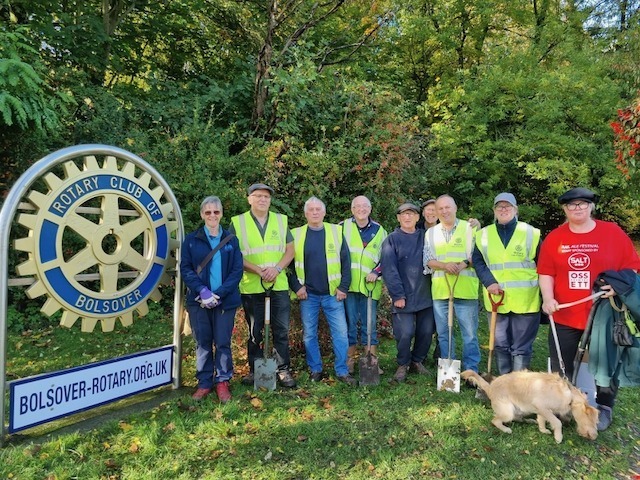
Rotary members have contributed more than US$2.1bn and countless volunteer hours to protect nearly 3 billion children in 122 countries from this paralysing disease. Rotary’s advocacy efforts have played a role in decisions by governments to contribute more than US$10bn to the effort.

Today, polio remains endemic only in Afghanistan and Pakistan. But it’s crucial to continue working to keep other countries polio-free. If all eradication efforts stopped today, within 10 years, polio could paralyse as many as 200,000 children each year.
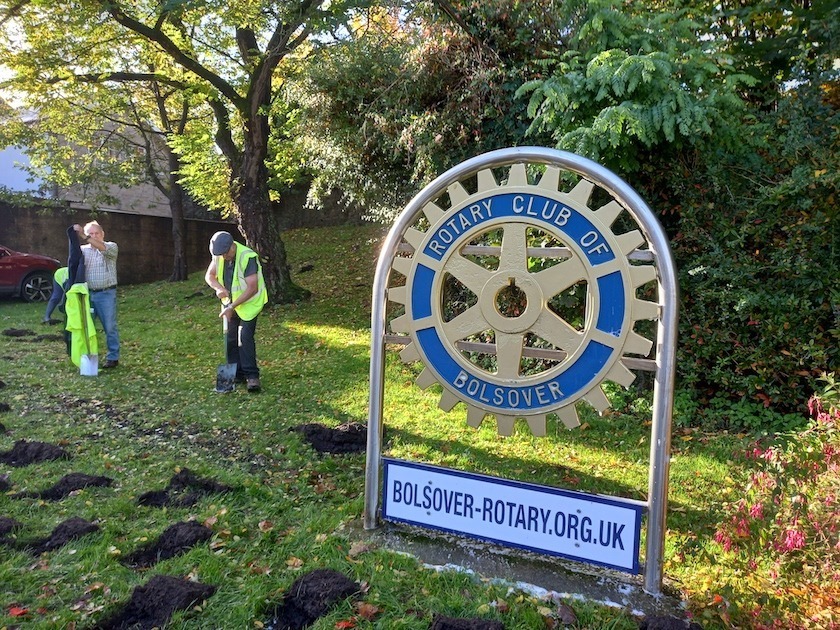
Purple crocuses have become a symbol of this challenge because of the purple ink that is used to mark the little finger of children as they are vaccinated.
Each year Bolsover Rotarians plant crocus corms in a location selected with the help of the local community, as a lasting reminder of the task we have taken on. This year planting took place on Bolsover Hill near the Rotary Wheel.
It costs US$3 to fully protect one child against polio, and in 2017 over 430m children were vaccinated in 34 countries.
To find out more detail about World Polio Day click here. More pictures of this year’s planting with President Graham Weighill and Bolsover Rotarians are shown below:
